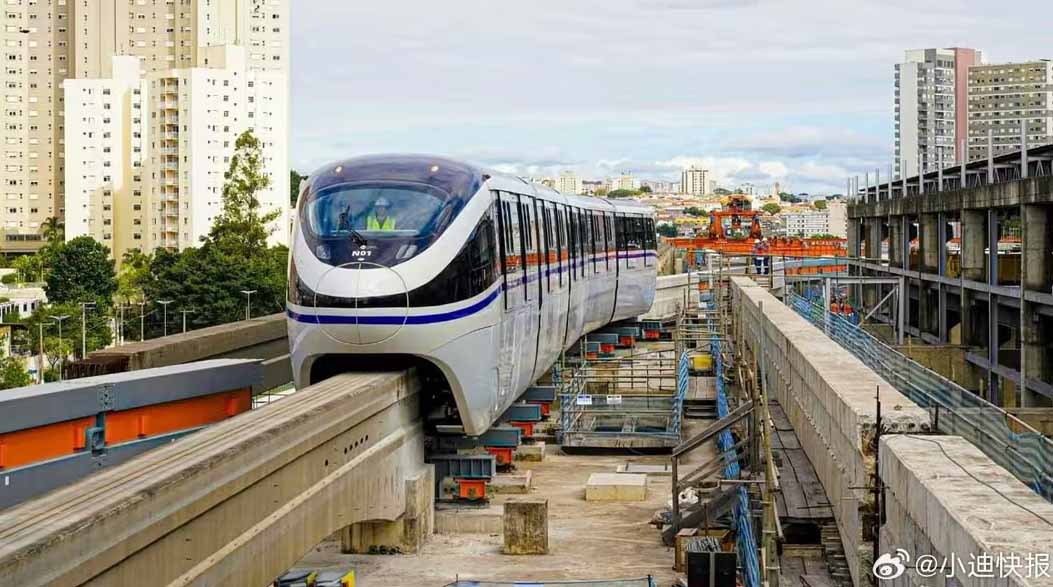On July 15, the second season of the Initiative Budget 2025 program began in Uzbekistan, which gives residents of the country the opportunity to directly influence the development of their mahallas through the popular vote mechanism. This approach to budgeting has already proven to be an effective tool for shaping the local agenda and increasing transparency in public spending.
The program is implemented in four stages:
- Submission of projects: from July 15 to August 3
- Selection of offers: from August 4 to August 18
- Presentation and campaigning: August 19-21
Voting: from 22 to 31 August
Residents can propose specific initiatives, including road repairs, installation of street lighting, improvement of public areas, construction of children's and sports grounds, as well as modernization of schools, medical centers and clinics. The program is distinguished by the principle of openness: all stages are held on the Ochiq budjet online platform, and the winners are determined exclusively by voting by citizens themselves.
Special attention in 2025 will be paid to ensuring fair participation. According to the established rules, 823 mahallas that won twice in a row (in the second season of 2024 and the first season of 2025) are temporarily suspended from participation until mid-2026. The restriction applies not only to the mahalla as a territorial unit, but also to all institutions within it — schools, kindergartens, clinics.
Nevertheless, the mahallas "Dashtbog" (Namangan), " Nurafshon "(Kagan) and" Begjap " (Shumanai district), whose projects were rejected in the first season of this year, retain the right to participate in the new selection.
The format of the initiative budget reflects profound changes in the system of public administration focused on civic engagement. For Uzbekistan, this is not just a pilot experiment, but part of a large-scale reform aimed at strengthening local responsibility and trust in state institutions. The system makes it possible to effectively identify the real needs of the population, while making financial policy more targeted and effective.
The Ochik Budget project has become an important element in the architecture of a new public administration — flexible, open and results-oriented. The second season of 2025 can be another step towards a sustainable partnership between society and the state.













